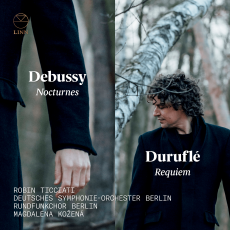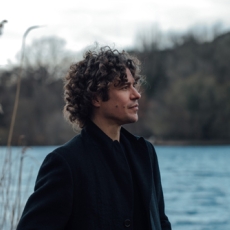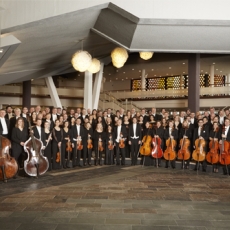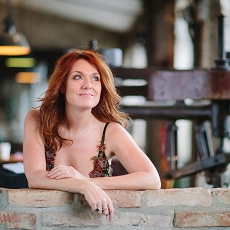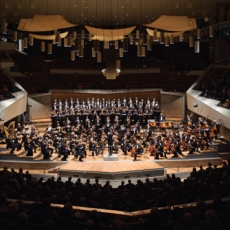Robin Ticciati & DSO Berlin - Debussy: Nocturnes – Duruflé: Requiem - BBC Radio 3 'Record Review;
Andrew- This next newcomer has Debussy meeting Duruflé. An orchestral overture to the Duruflé Requiem if you like. Robin Ticciati conducting his Berlin Orchestra in Debussy’s Nocturnes to begin with. It certainly makes a change from having the Duruflé played with the Fauré requiem isn’t it?
Alexandra- It’s so much more intelligent, I think people just shove the Fauré and the Duruflé together through convenience, it’s the same forces, it’s roughly the same era, the same genre. But, what you do with the Debussy, what I think Ticciati has done is change how we hear the Duruflé. This idea of plain song on which is so foregrounded in the Duruflé melodies come from the Gregorian chant. But, Stephen Walsh points out in his wonderful sleeve notes that actually Debussy is also very influenced by that much sort of more dissolved level, this idea of the tyranny of the bar line, this idea of harmony that isn’t functional, we don’t know quite where we’re going, we’re sort of drifting through these literally clouds in the first of these orchestral pieces.
Andrew- It certainly changes the way you experience the opening of the Duruflé. It’s the full orchestral version as well, which has become sort of slightly unfashionable hasn’t it?
Alexandra- Weirdly so, there are so few recordings, when I had to go through to thinking comparisons, we don’t have a huge lot to choose from. That makes this one all the more thrilling really.
Andrew- Right, what are we going to hear?
Alexandra- We’re going to hear part of the Domine Jesu Christe. It seems a bit counter-intuitive with such contemplative work to choose the blood and guts bit, but this is genuinely thrilling.
After track is played-
Andrew- Visions of heaven & hell in Domine Jesu Christe from the Duruflé Requiem. The new recording from the Berlin Radio Choir and the Deutsches Symphonie-Orchester Berlin, conducted by Robin Ticciati. It certainly has dramatic impact in this full orchestral version doesn’t it?
Alexandra- It really does, and what you gain from that orchestra. I mean, just listening to the beginning of the Domine Jesu Christe, there that colour from the low woodwind, and that really growly and gritty texture which with the best will in the world, an organ will never give you.
Andrew- Although, you can hear it the other way can’t you? You can hear them sort of doing an impression of the organ, it cuts both ways.
Alexandra- Yes, and we know he’s spent his whole career in church, so that sound world, you know using the orchestra to create that is fascinating.
Andrew- Well that’s an interesting point as well, because when you listen to it in isolation, we’re very much aware we’re not in church, we’re not in a sacred space, we’re actually in Berlin’s house, the radio house in Berlin. But, when we’ve approached the Duruflé Requiem from the Debussy orchestral sounds that come before it, it doesn’t feel inappropriate at all. It’s something that just works.
Alexandra- No, but it makes us, I think forge connections, it’s the idea of, particularly in Sirènes, those distant soprano voices of these sexy sirens who are kind of re-imagined then as the angelic voices at the end of Duruflé, all this, the processional, very secular excitement of Fêtes, which then becomes this sacred precession at the beginning of the mass. For me, that’s a wonderful narrative through the disc.
Andrew- It really is intelligent programming isn’t it. Well, it’s not the last you’ll hear of Ticciati and his Berlin Orchestra.
